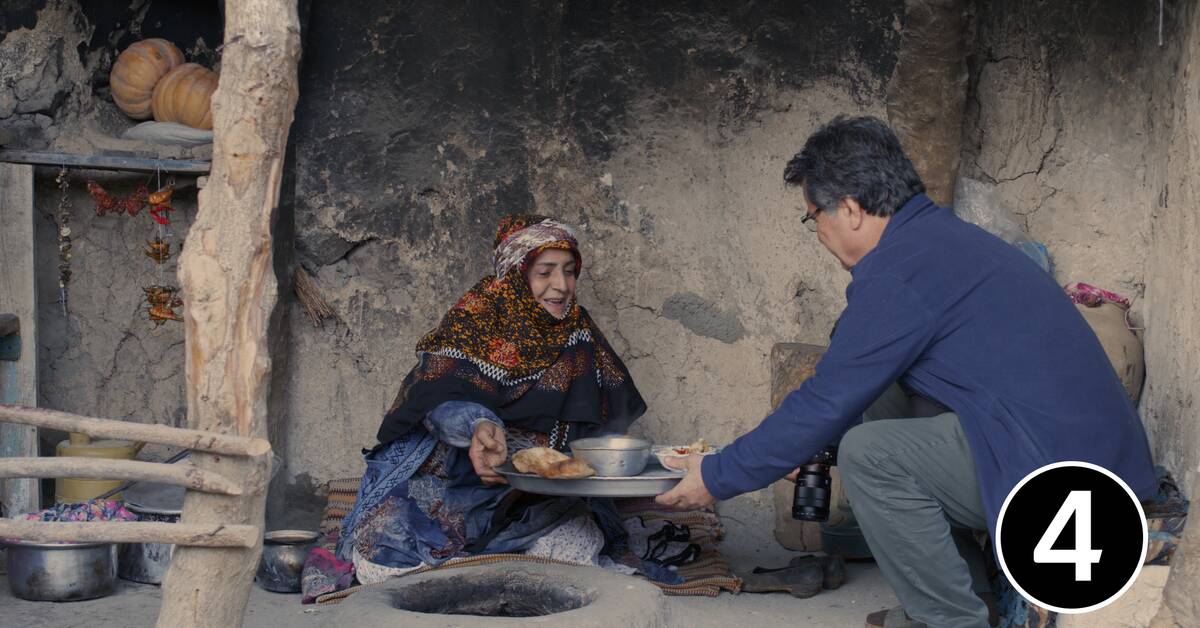A woman and
a man discuss whether she should go to Paris and freedom alone or whether the man should come with her.
Suddenly a close-up of another man shouting "Break!".
We are on a film shoot in southern Turkey.
Jafar Panahi, who plays himself, sits at a computer screen and takes part in the production, directing from a distance, from a small stone village near the Turkish border.
He wants to be near the filming location but is forbidden to leave the country.
"No bears" is a genre-crossing meta-exercise where the fiction houses documentary as well as semi-documentary storytelling, but even more a political quirk where the village becomes a kind of Iran in miniature with accomplices, abuse of power and rebels.
It is
about honor culture, superstition/religion and deeply rooted, unfriendly traditions that are maintained to keep the spirits/authorities happy.
Like that when a girl is born, her umbilical cord is cut in the name of her future husband.
Given away as a newborn, that is.
Which is behind the film's biggest conflict, which Panahi is increasingly drawn into, at the same time that he controls the filming from a distance.
The contrast between city and country, the barren environment and the lousy mobile connection evoke memories of Abbas Kiarostami's "The Wind Carries Us", but Panahi's films are more grounded in reality than the old film poet's.
"No bears" is, like all Panahi works, easily accessible and whimsical, but rests on a solid foundation of social criticism.
Jafar Panahi
is one of the bravest directors in film history, with an ever-straight spine.
He continues to work despite a professional ban and house arrest.
This summer he was also sentenced to six years in prison for "propaganda against the system".
At the time of writing he is out again but it is a condition that can quickly become yesterday's news.
Especially as he insists on producing films that, despite their charming and polite oversight, hide a sharp questioning of the theocratic order.
"No bears" is one of his most regime-critical creations, and perhaps also the most pessimistic - which is understandable given the situation in which he and his homeland find themselves.

